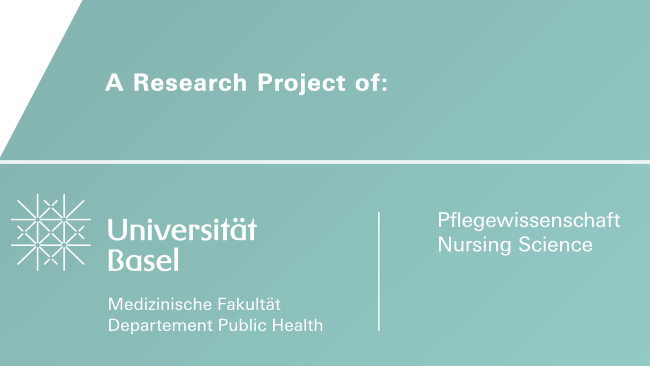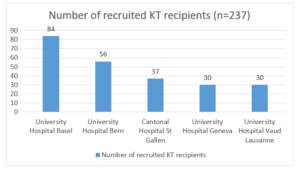ExplorinG frailty and mild cognitive impairmEnt in adult kidney tRansplant recipients to enhance risk prediction for biomedicAl, psychosocial, and health costs outcomeS: A multi-center repeated measures study design nested in the Swiss Transplant Cohort Study Test
What is GERAS?
The GERAS project is motivated by the limited evidence to guide clinical decision-making and policy development for organ allocation, and clinical management of the rapidly growing cohort of older kidney transplant candidates and recipients. To date, almost one in four kidney transplant recipients are aged ≥ 65 years at time of transplantation, and many live into old age with their grafted organ. Identifying and improving factors that support short- and long-term outcomes in older kidney transplant patients is thus a research and clinical priority. We focus on frailty and mild cognitive impairment (MCI) to capture a patient’s functional ability and vulnerability for adverse outcomes, supported by a growing body of evidence that both medical conditions are important risk predictors for morbidity and mortality in older adults, surgical patients and adults of all ages with various chronic conditions.

Who is part of the GERAS study?
The GERAS project is coordinated at the Institute of Nursing Science, Faculty of Medicine, University of Basel. It is conducted by an interdisciplinary, international team of scientists and clinicians who provide complementary expertise with a common focus. We build upon partnerships and collaboration between the disciplines of medicine, nursing, and health economics. Project team members are affiliated to the University of Basel, five Swiss kidney transplant centers, and (inter)national Universities.













